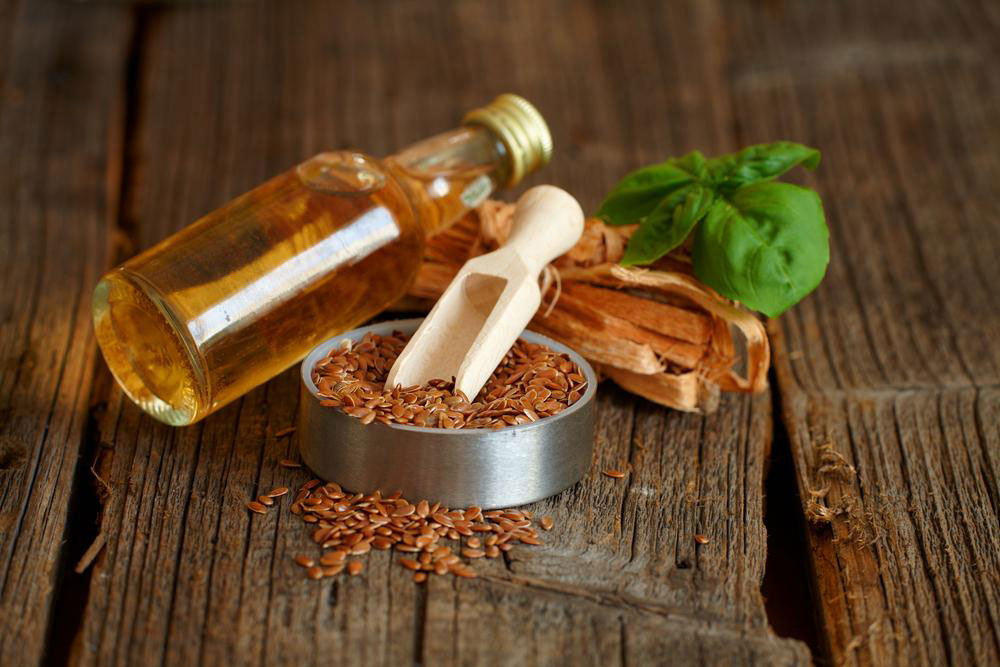Comprehensive Strategies for Managing Eczema and Psoriasis: An In-Depth Guide
This comprehensive guide explores effective strategies for managing eczema and psoriasis, emphasizing the importance of understanding triggers, adopting healthy lifestyles, and integrating medical and natural treatments. Learn how to reduce flare-ups and improve skin health through dietary choices, skincare routines, and lifestyle modifications. Suitable for those seeking long-term relief from these chronic skin conditions, this article offers detailed insights into holistic management approaches to enhance quality of life.

Effective and Holistic Approaches to Eczema and Psoriasis Management
Chronic skin conditions like eczema and psoriasis affect millions worldwide, often significantly impacting quality of life. While they may present similar symptoms such as redness, itching, and skin irritation, these two conditions differ in their causes, manifestations, and treatment methods. Understanding these differences, recognizing triggers, and exploring effective management techniques are essential for anyone suffering from these persistent skin issues.
**Understanding Eczema and Psoriasis: Definitions and Differences**
Eczema, medically known as dermatitis, is characterized by inflammation of the skin, leading to redness, swelling, dryness, itching, and often blistering or oozing. It can occur at any age but is most common in children. Eczema tends to be a chronic condition with flare-ups triggered by environmental factors, allergens, stress, or irritants. Common types include contact dermatitis (caused by contact with irritants or allergens), atopic dermatitis (linked with allergies and asthma), dyshidrotic eczema (blisters on palms and soles), nummular eczema (coin-shaped patches), neurodermatitis (itchy patches from continual scratching), hand eczema, and stasis dermatitis (related to circulatory problems). The condition disrupts the skin’s protective barrier, leading to increased sensitivity and susceptibility to infections.
Psoriasis, meanwhile, is a chronic autoimmune disorder caused by an accelerated life cycle of skin cells, resulting in the buildup of clusters on the skin surface. This rapid cell turnover leads to thickened, red patches covered by silvery-white scales. Psoriasis can appear at any age but is most often diagnosed in young adulthood. The most common forms include plaque psoriasis (the typical scaly patches), guttate psoriasis (drop-shaped spots), pustular psoriasis, and erythrodermic psoriasis (a severe, widespread redness and scaling). The immune system plays a crucial role, mistakenly attacking healthy skin cells, which triggers inflammation and abnormal skin growth.
Both conditions are often exacerbated by allergic reactions or sensitivities to various environmental and internal factors. Therefore, identifying and avoiding triggers is vital for effective management. Common triggers include harsh soaps, detergents, chemical irritants, pet dander, pollen, sweat, perfumes, metals like nickel, specific foods known to cause allergic reactions, certain plants, smoking, temperature fluctuations, and emotional stress.
**The Importance of Lifestyle and Diet in Managing Skin Conditions**
Adopting a lifestyle that enhances immune health and minimizes exposure to triggers can significantly reduce flare-ups. Proper nutrition plays a fundamental role, emphasizing anti-inflammatory foods such as fruits, vegetables, omega-3-rich fish (like salmon and mackerel), nuts, and seeds. Maintaining adequate hydration, avoiding excessive alcohol and processed foods, and managing stress through meditation or yoga are also beneficial. Additionally, avoiding smoking and environmental pollutants supports skin health.
**Treatment Options for Psoriasis and Eczema: A Multifaceted Approach**
Managing these conditions often requires a combination of medical, natural, and lifestyle interventions. The goal is to reduce inflammation, alleviate symptoms, and prevent flare-ups.
**Topical Treatments**: These remain the cornerstone of therapy. Corticosteroid ointments are commonly prescribed to reduce inflammation and itching. Emollients and moisturizers help restore the skin barrier, prevent dryness, and reduce irritation. Other topical agents include calcineurin inhibitors, coal tar preparations, salicylic acid, and vitamin D analogs for psoriasis.
**Phototherapy**: Controlled exposure to ultraviolet B (UVB) light has proven effective in reducing psoriasis severity and promoting skin healing. This treatment should only be administered under medical supervision. Natural sunlight, particularly morning sunlight, can also offer some benefits, aiding vitamin D synthesis which supports immune regulation.
**Systemic Medications**: For moderate to severe cases, doctors may recommend systemic treatments such as biologic drugs, immunosuppressants, or oral retinoids. These medications are designed to modulate or suppress the immune system's abnormal activity. Regular monitoring is essential due to potential side effects like increased infection risk or liver damage.
**Natural and Complementary Therapies**: Many individuals find relief through natural remedies and dietary adjustments. Aloe vera gel can soothe irritated skin, while Dead Sea salts used in baths can reduce inflammation and scaling. Incorporating anti-inflammatory spices like turmeric, which contains curcumin, has shown promising results in reducing skin inflammation. Applying diluted apple cider vinegar can alleviate itching and irritation. Omega-3 fatty acids from fish oil and flaxseeds help combat systemic inflammation, aiding in overall skin health.
**Lifestyle Changes for Long-Term Management**: Maintaining skin hydration is critical; using high-quality moisturizers regularly helps protect the skin. Avoiding prolonged exposure to heat, cold, or excessive sweating prevents irritation. Using humidifiers in dry environments, protecting skin from extreme weather, and wearing soft, breathable fabrics reduce skin trauma. Stress reduction techniques such as yoga, meditation, or breathing exercises can lessen flare-up frequency, given the link between stress and skin symptoms.
**Dietary Recommendations**: Incorporate anti-inflammatory foods into daily meals, reduce intake of processed foods, sugar, and dairy if sensitive. Consuming foods rich in antioxidants, such as berries, leafy greens, and nuts, supports skin repair and immune health. Staying well-hydrated is essential for skin elasticity and barrier function.
**Preventive Measures and Skin Care Tips**: Regularly moisturizing, avoiding known allergens, using gentle skin cleansers, and protecting skin from environmental damage are crucial. Sudden weather changes, stress, or diet variations should be managed proactively. Engaging in regular physical activity and maintaining overall health can bolster immune defenses.
In conclusion, managing eczema and psoriasis requires a comprehensive approach that combines medical treatments, natural remedies, lifestyle modifications, and dietary strategies. By understanding the underlying causes, recognizing triggers, and adopting health-conscious habits, individuals can significantly improve their skin condition, reduce the frequency and severity of flare-ups, and enhance overall well-being.





